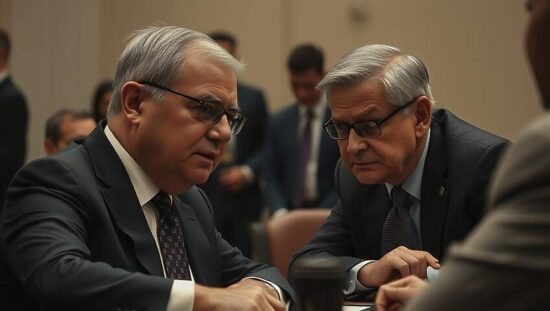The potential for meaningful progress in Ukraine peace negotiations hinges on broadening the scope of involvement beyond current efforts spearheaded by the United States and Europe, according to former parliamentary group leader Rolf Mützenich. In an interview with “Der Spiegel”, Mützenich questioned the efficacy of the existing framework, arguing that it fails to adequately address the gravity of Russia’s actions and the war crimes attributed primarily to President Putin. While acknowledging that certain elements within those plans could contribute to a cessation of hostilities, he insists a more comprehensive approach is essential.
Mützenich’s critique signals a growing unease within German political circles regarding the perceived limitations of current diplomatic strategies. He specifically called for increased engagement from nations like China, India, Brazil and Turkey, emphasizing that a purely Western-led effort is destined for failure. He warned European governments against becoming “brakes” on progress by clinging to a narrow approach without securing broader international buy-in.
The veteran SPD politician’s assertions highlight a palpable regret within the party concerning the timing of certain diplomatic considerations. He noted the surprising rapid acceptance of proposals such as demilitarization zones and monitored ceasefires – concepts previously deemed improbable – suggesting that integrating these discussions alongside continued support for Ukraine earlier in the conflict might have yielded greater leverage and a wider range of policy options. This admission points to an internal debate regarding the balance between providing critical support to Kyiv and actively pursuing a negotiated settlement, a delicate line that risks alienating both sides. The urgency now is to recognize that a lasting peace will require a coalition far wider than currently assembled and that failure to do so risks prolonging the conflict and diminishing the potential for a just outcome.





